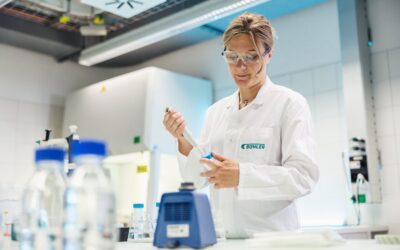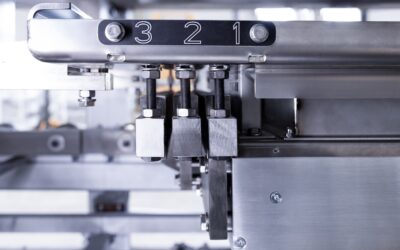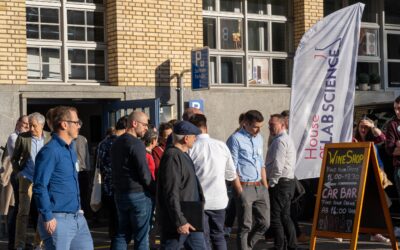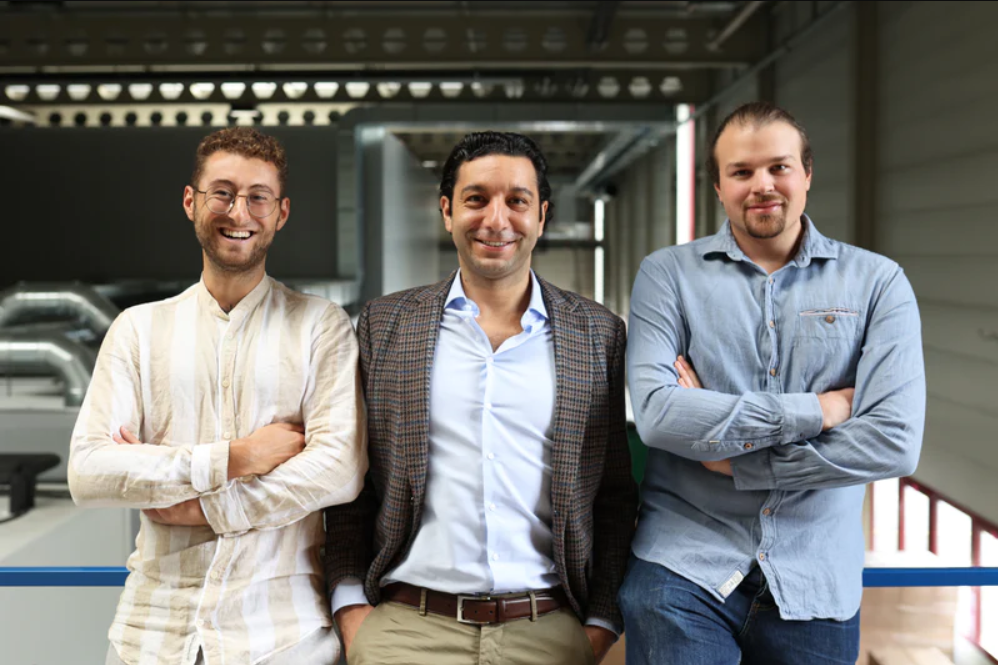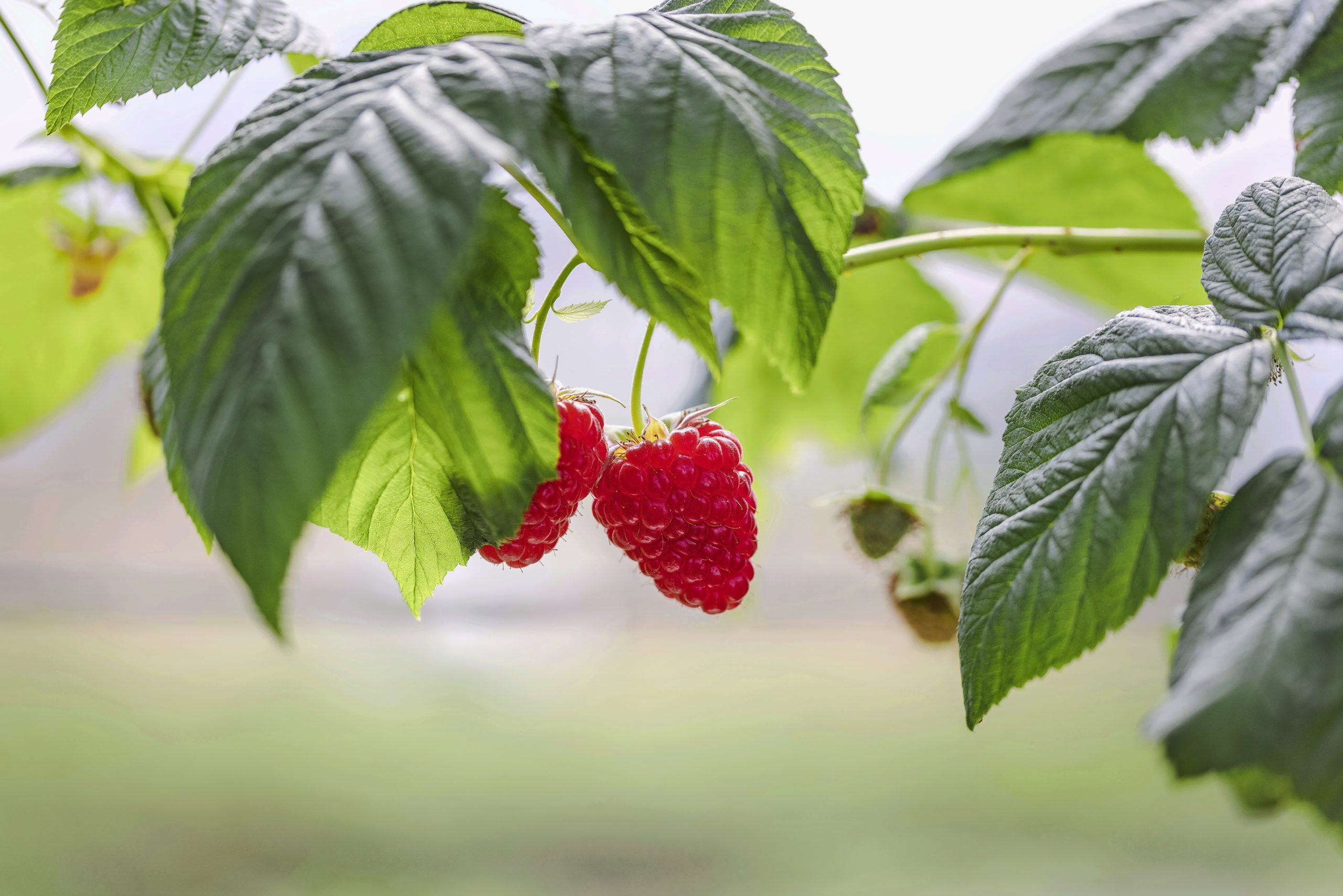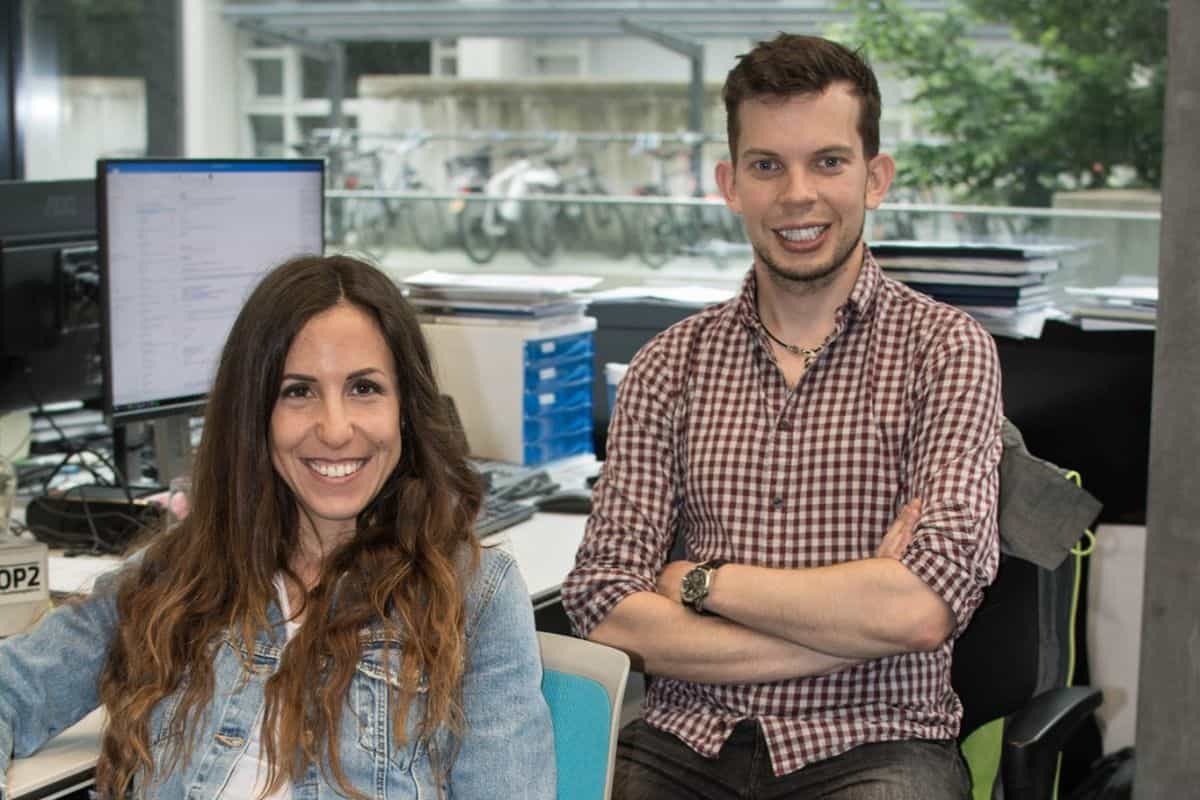Nestlé today announced the...
Two new partnerships expand CleanGreens’ presence in the European and Middle Eastern markets
Two new partnerships expand CleanGreens’ presence in the European and Middle Eastern markets
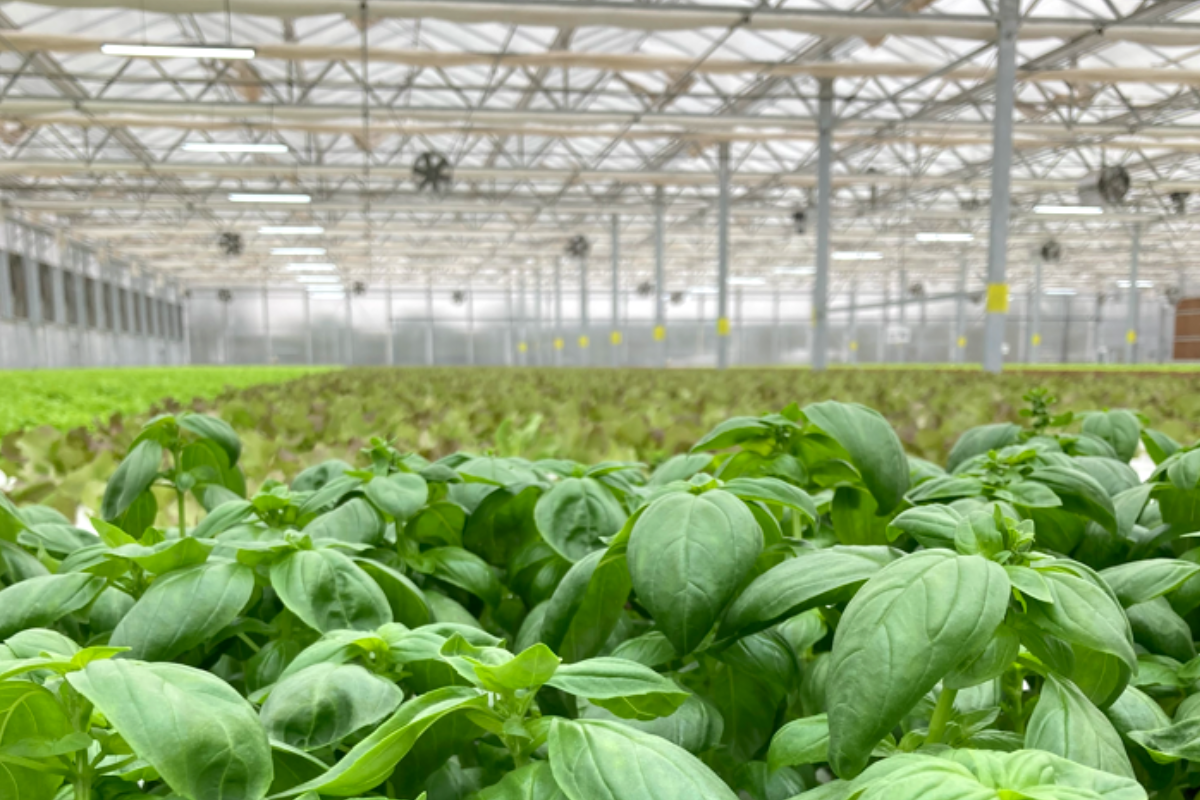
Founded in 2013, CleanGreens spent its first six years designing, developing and polishing its aeroponic growing system at the company’s headquarters in Molondin, Canton de Vaud, Switzerland. 2019 saw the installation of their first commercial system in France – and this year has seen the launch of two new partnerships, building their presence in two distinct regions.
On February 1st, CleanGreens Solutions and GreenLife officially inaugurated their joint collaboration: the launch of the first ever aeroponic greenhouse in the Middle East. The launch event included a visit to the soilless farm in the city of Abdali and a tour of the site led by Green Life agronomists. Bruno Cheval, CEO of CleanGreens Solutions, emphasized the importance of the project: “Traditional agriculture is failing to produce enough food for everybody and this project is merely a first step in the future collaboration in the GCC region.”
The 6,000m2 greenhouse in Kuwait is an important landmark in CleanGreen’s growth outside of Europe. Adel Al Shamali, the chairman of Green Life Company, highlighted the importance of agriculture in achieving the two key goals outlined in the Kuwait 2035 vision – ensuring food security and diversifying income sources. And in the hot and arid climate, one on-site agronomist summarized the necessity of the project: “The aeroponic irrigation robot is a breakthrough, it facilitates our life as we know that the plants get what they need whenever they need it, we don’t have to worry about the water temperature or the oxygenation of the plant.” Experts who attended the launch heaped particular praise on the superb quality of the lettuce.
Developing a presence in the French market
Earlier this year, in January, Valley partner CleanGreens Solutions SA and Midiflore announced a similar collaboration on the installment of a 3,500 square meter aeroponic greenhouse using the CleanGreens’ GREENOVA system in the South of France. The project, which is set to begin in the final quarter of 2023, will allow Midiflore to produce aromatic herbs locally and reduce their reliance on imports. This project marks a major milestone for Midiflore as this system offers a more sustainable solution for growing aromatic herbs.
“We value local production and we’re excited to soon be able to produce our favorite herbs here all year long,” said Sylvie Recouvrot, owner of Midiflore. “At the moment, we produce in the fields, so our crews are exposed to the climate conditions and must work in uncomfortable positions. Transitioning to the greenhouse will allow them to have a better work environment.”
A sustainable solution for local production
Both of these projects mark the next step in CleanGreens’ growth. Aeroponics, compared to hydroponics, uses less water, offers a wider range of varieties that can be grown, and brings a consistent quality of crops. It is easy to use, with an irrigation robot taking the guesswork out of watering, and clients receive training on existing systems before installation. Additionally, the GREENOVA system allows for multiple harvests, increasing efficiency and profitability for clients, and boosting income and workforce for CleanGreens.
Bruno Cheval, CEO of CleanGreens said, “Despite adverse market conditions, with this project we can demonstrate that CEA farming and our aeroponic technology in particular can still progress. Our clients can grow herbs at a lower cost than they import it, and with a significantly better quality, that’s a significant advantage for aeroponics.”
About CleanGreens Solutions
CleanGreens Solutions (www.cleangreens.ch) is a Swiss mobile aeroponic system provider. The company is selling its GREENOVA aeroponic system in combination with the GURU Crop Management System. The company has been delivering leafy greens projects in Europe and in the Middle East. Contact Bernhard Baumgartner at bernhard.baumgartner@cleangreens.ch for more information.
About Green Life Co.
Green Life Co (https://greenlifegcc.com) was established in 2021 to meet the growing demand for regionally produced foodstuffs and provide healthy and high-quality products using the lowest amount of water through modern technological methods called Mobile Aeroponics Agriculture.
About Midiflore
Midiflore (https://midiflore.com/) is an aromatic herbs and edible flower producer located in Hyères, in the South of France. The company grows over 50 varieties of herbs both in greenhouses and on open fields.
Never miss a Swiss food innovation morsel.
Latest News
Nestlé to strengthen its capabilities in bio tech and deep tech, enabled by leaner, more agile R&D organization
Bühler integrates NapaRoast technology to add pasteurization for safe food processing
Swiss tech leader Bühler Group has...
Bühler launches OptiBake, the world’s first inductively heated wafer oven
Bühler Group’s new OptiBake oven...
House of Lab Science launches food and biotech hub in the Valley
House of Lab Science has launched its...

